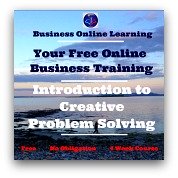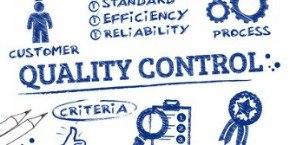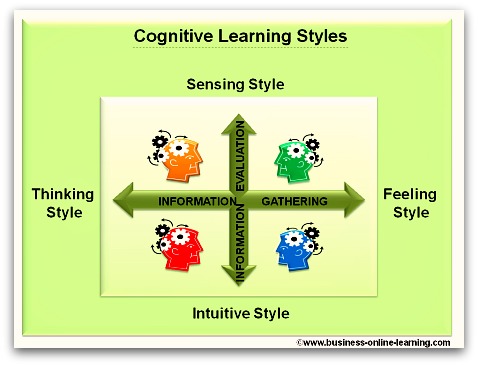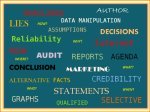What are
Knowledge Management Tools?
Knowledge Management Tools
While there is no ONE way of setting up a KM System, there are many tools and methods available. These enable the processes of creation, capturing, nurturing, use and exploitation of Knowledge in an organization and form the foundation for the Knowledge Management System.
The Key Issues
The key issues to concentrate on are:
- Identification of core competences of the organization.
- Mapping networks of experts.
- Setting up activities for the Sharing of Knowledge and Best Practice.
- Understanding and measuring the value of Knowledge.
Additional Activities
In addition there are activities such as:
- Embedding knowledge in products, services, brands and processes.
- Knowledge Sharing (Talking, learning, reviewing, capturing and sharing knowledge).
- Use of stories to communicate experience (transferring learning) Capturing and re-using past experience.
- After-action reviews (Capturing learning from experience).
- People database (access to expertise).
- Expert interviews (Interviewing experts to capture their expertise).
- Producing knowledge as a product.
- Learning from other’s mistakes (avoiding costly repetition).
- Nurture Expert master-classes (sharing of expertise).
- Building and mining knowledge stores.
Some Excellent Knowledge Management Tools
KM methodologies implemented by high profile companies include:
- Best Practice Sharing To combine learning and knowledge sharing.
- Rewards as a means of motivation for knowledge sharing.
- Communications Network. Better Decision Making.
- Knowledge generation and re-use. Making customer solutions more flexible.
- Communities of Practice. Focus on Team working.
- Leadership Center Enhancement of Intellectual Capital.
- Knowledge Inventory. Systematic Information.
- Document / Write Knowledge Books. To capture the Knowledge Base within the organization.
- Corporate University. To empower employee learning.
- Intellectual Assets. Maximize benefit from license revenue.
- Expertise Directory. Knowledge Sharing.
- Lessons Learned. Facilitate the re-use of Knowledge.
- After action reviews. Facilitate the re-use of Knowledge.
- Knowledge Fairs. Exchange of Knowledge in a marketing approach.
- Expert directories. to enable knowledge seeker to reach to the experts.
- Knowledge mapping. A map of knowledge repositories within a company accessible by all.
- Best-Practice Resource Map. Production saving, increase efficiency.
- Determine Expertise Maps and Networks. To enable definition of core competences.
- Competence management. systematic evaluation and planning of competences of individual organization members.
- Measuring and reporting intellectual capital a way of making explicit knowledge for companies.
- Knowledge Brokers Some organizational members take on responsibility for a specific "field" and act as first reference on whom to talk about a specific subject
- Social Software Wikis, social bookmarking, blogs, etc.
Go to top of Knowledge Management Tools page













 My name is Martha and I have worked for over 30 years in various aspects of business and in various countries, right around the world.
My name is Martha and I have worked for over 30 years in various aspects of business and in various countries, right around the world.